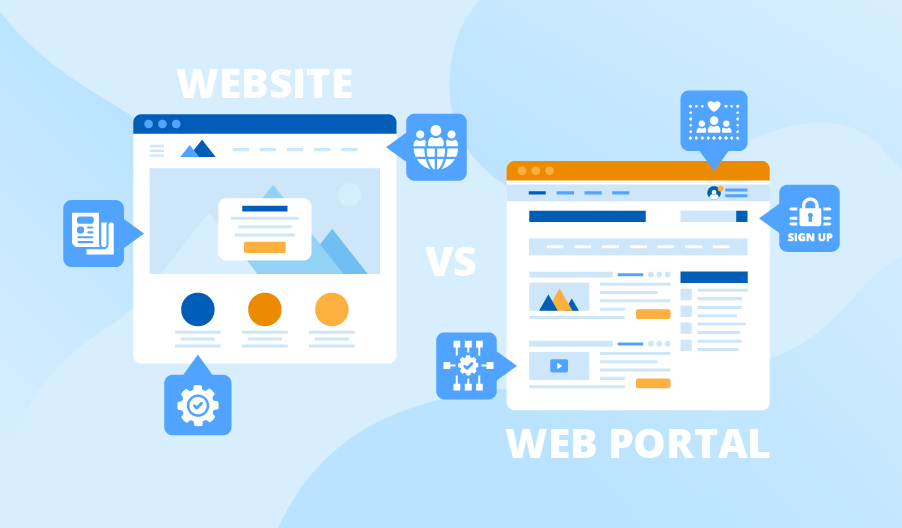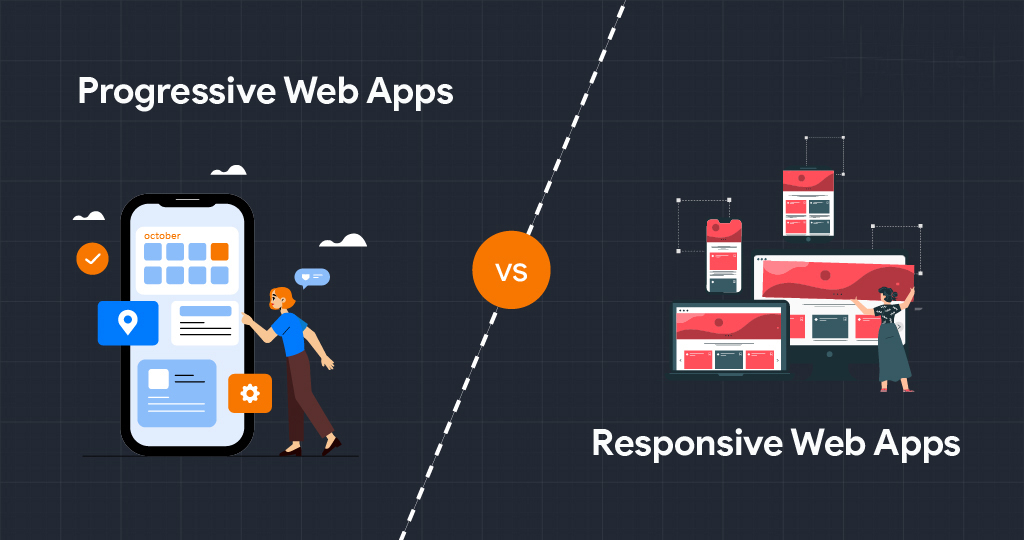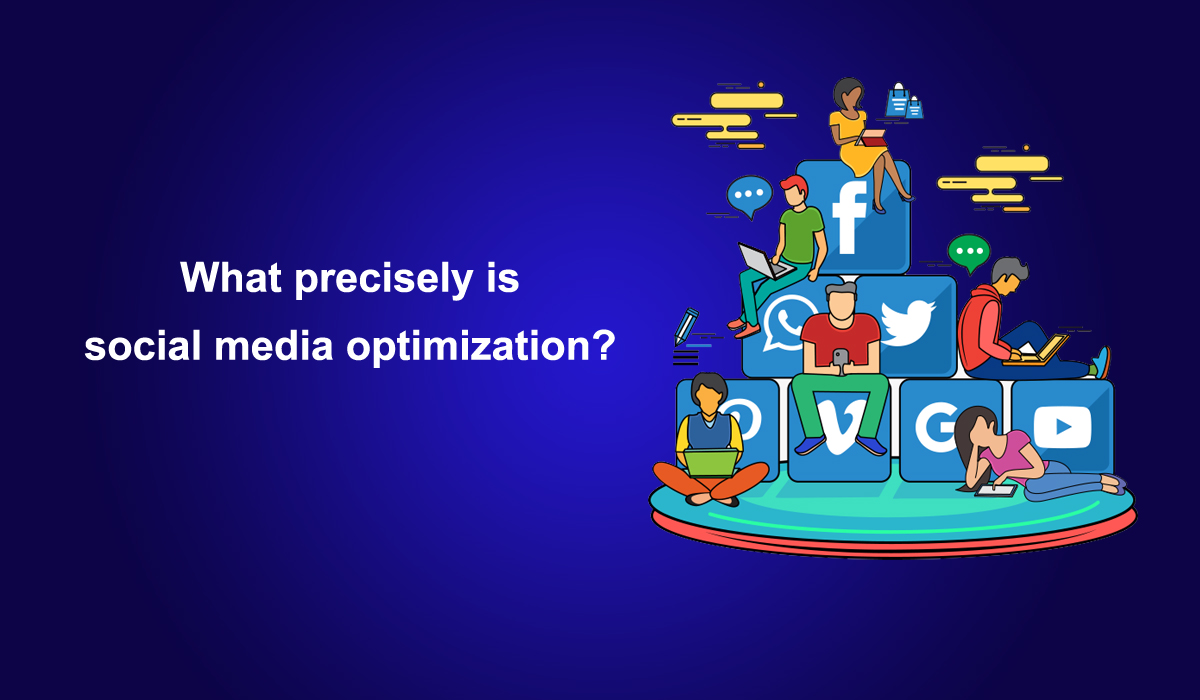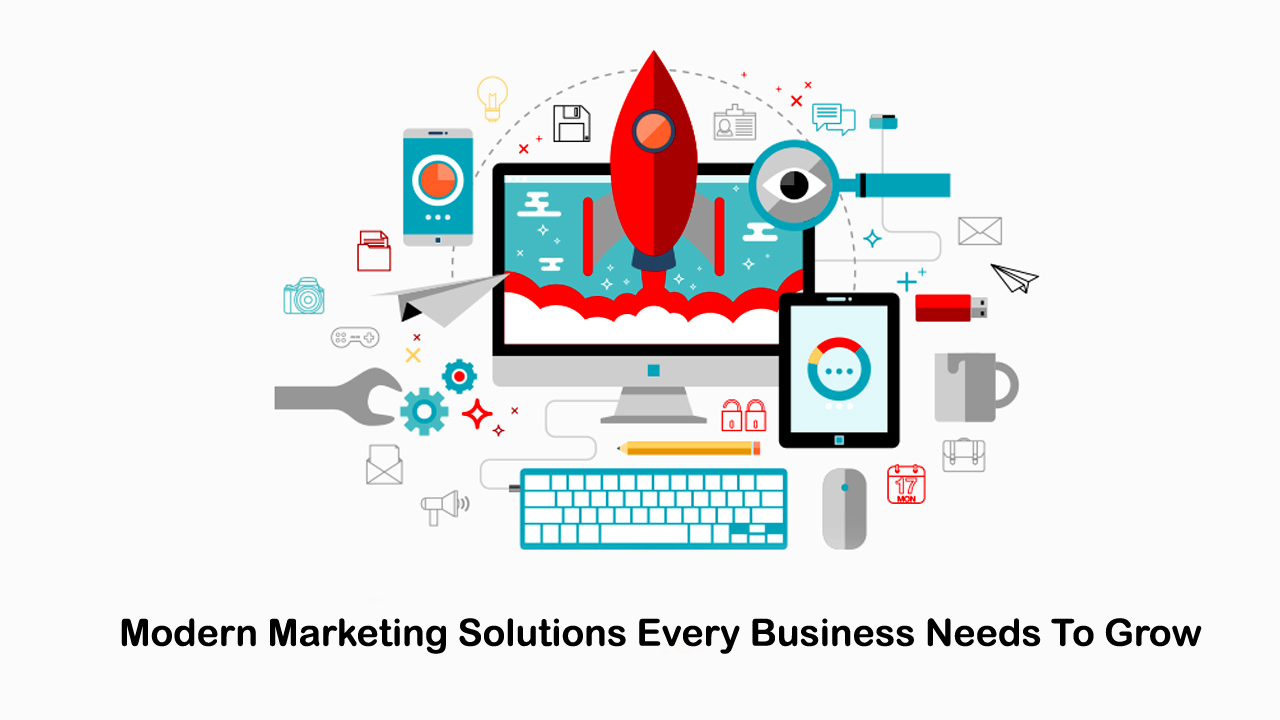
05 Dec, 2022
The creation of mobile apps is no longer seen as a way to beat the competition. Apps are now commonly used as a tool to keep competitive and not fall behind.
7.7 billion people live on the planet, and more than 3.5 billion of them are smartphone owners. That's not all, according to market research, consumers also spend more than 2 hours using mobile applications.
Mobile applications support expanding a company's target market and encourage creating an effective marketing plan for the app.
Users may access a mobile app at any time and from any location. The user may utilize the mobile app from their home, workplace, cafeteria, etc. after downloading it.
Additionally, the app can carry out basic tasks without an online connection. Mobile apps efficiently improve an organization's accessibility.
Mobile applications' intuitive and user-friendly user interfaces help mobile business enterprise marketing. Having a mobile app is similar to placing a client's presence in their pocket.
The software handles everything with a few clicks and scrolls, whether it's a delivery update or resolving a client complaint. A versatile app offers distinctive value propositions that enhance mobile corporate marketing.
A crucial component of any company venture is customer feedback. To build a meaningful relationship with customers, it is essential to understand their wants.
Customers have a handy venue to provide feedback about the company's goods and services thanks to mobile applications. You might find it unexpected, but according to app development statistics, 77% of consumers think that firms that put money into enabling and gathering customer input are more suited.
In general, mobile applications provide efficient and speedy feedback handling.
Along with integrating AR and VR, mobile app development has completely changed how businesses interact with their customers. AR-based smartphone apps have been used by large, billion-dollar companies like Ikea, Dulux Paints, Gucci, and SMEs like Lenskart and Makaan to increase income.
Customers who use mobile applications are well-informed about the goods and services they are purchasing. According to Threekit, businesses that use AR-based apps have seen a 40% increase in conversion rates.
A key first step in keeping your brand at the forefront of your customer's minds is brand awareness. Business firms may effortlessly provide clients with high-quality services thanks to mobile applications.
For instance, a restaurant app gives customers access to real-time information on seating availability, meal times, etc. Diners find it handy to use the app to reserve seats, place orders, etc.
The mobile app successfully increases brand recognition among customers by providing improved services.
Giving up on mobile apps causes the business to suffer a serious setback and lose a considerable number of valuable clients. Hire app developers to create a user-friendly mobile application for your company.
Businesses are concerned with promoting customer and client brand loyalty. Digital discount coupons have become a crucial part of establishing loyalty programs in the world that has gone digital.
Mobile applications alert the administrator about the user's interest in particular goods and promotions. It aids the management team in creating user-specific brand loyalty programs and promotions.
Globally, social networking platforms are the most popular smartphone apps. People appreciate showing their support for the goods, services, and businesses that provide them by liking, sharing, commenting, etc. Positive user reviews on social media eventually help to spread the word about your business.
Including social media symbols on a platform where consumers can provide insightful feedback serves as a powerful marketing tool for the company.
A company venture must include comprehensive market analysis and customer preference research. The research team gets rapid and easy access to customer data thanks to mobile apps.
The team may assess the caliber of goods and services, potential areas for development, etc. using the app's reviews section.
You must be considering the specifics of app creation now that you are aware of the main advantages of app development. Connecting with an iOS or Android app development business is a key first step in getting there.
Step-1: Study the topic: Your app concept offers a remedy for the problem your business is now experiencing. You must consider exactly what you want the app to do.
Step 2: Write out the characteristics of the app: Write down every component you want to include in the program in a notepad. Even if you might not be familiar with the precise technical phrase for each of them, you must make sure to tell the group of hired specialists what it is.
Allocating resources and defining the project budget are steps in the third step. Financial difficulties that arise in the middle of the project result in unwanted loss.
Step 4: Investigate the intended platform: The target market for the app will determine whether you should create it for iOS or Android. You might choose to construct a hybrid app for the project if you want to reach a wider audience.
Step 5: Examine the app's technological stack: The technological stack of the app is made up of the various programmes, devices, and other resources required for its creation. The application's typical technological stack consists of MEAN, MERN, RoR, Flutter, Xamarin, etc.
Step 6 Connect with a reputable company: Once you've completed the aforementioned procedures, you need to get in touch with a top Android or iOS app development business. Always consider value for the money being given, project warranties, Clutch ratings, price matching, etc. while picking a provider.
After going over the procedures for producing a mobile app, let's briefly examine its price.
The following criteria are the key determinants of mobile app development costs:




















.png)



All right reserved by Itgenix Softech Solutions